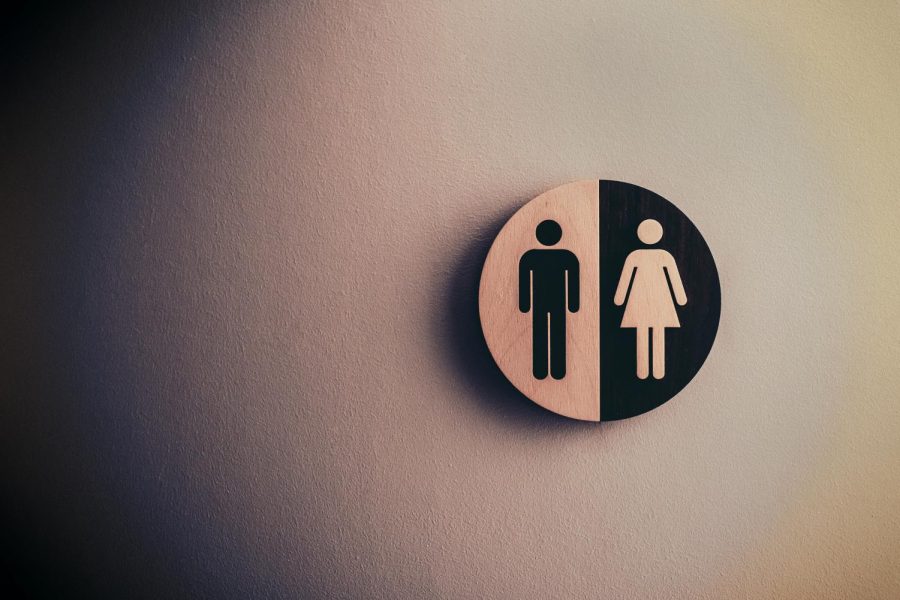Iowa does not protect trans rights
Columnist Emerson Slomka discusses laws brought to Iowa legislature that he feels harm Iowans who identify as trans.
Mar 18, 2021
Recently, Iowa legislators have proposed a total of 14 bills targeting the rights of transgender people, including House File 193, which would ban hormone therapy and gender affirming surgery for minors, House File 187, which would segregate bathrooms in public buildings and educational institutions by biological sex and Senate File 167, which would remove teachers’ rights to discuss transgender issues in the classroom without written permission from parents.
Most of these bills can be attributed to state Rep. Sandy Salmon, who believes that transgender children will “outgrow” their gender dysphoria. While many studies seem to indicate that this is the case, evidence suggests that these studies may be intrinsically flawed. Diane Ehrensaft, director of mental health at UCSF’s Child and Adolescent Gender Clinic argues that these studies only looked at gender presentation, rather than gender identity:
“Those desistors were, a good majority of them, simply proto-gay boys whose parents were upset because they were boys wearing dresses. They were brought to the clinics because they weren’t fitting gender norms.”
While the idea of allowing children to transition can be scary, it is important to remember that gender affirming surgery is widely restricted to adults to begin with, and, for children and young adolescents, the only available hormone therapy is pubertal blockers, which temporarily suppress puberty. Cessation of pubertal blockers will cause puberty to resume, and pubertal blockers cause no permanent changes to the body – rather, they help children with gender dysphoria delay the development of secondary sex characteristics and help them determine if transitioning will be right for them.
If a child were to use pubertal blockers and decide that transitioning was not right for them, they could simply stop and resume puberty as normal with no repercussions. However, under House File 193, transgender children would be deprived of this option.
Then, of course, we have the return of the infamous “bathroom bill,” which would segregate bathrooms by assigned sex at birth. Proposed with the supposed intention of protecting women from invading “men dressed as women” in bathrooms, this would have the opposite effect by forcing people to use facilities they are uncomfortable with. Since the passage of the Iowa Civil Rights Act in 2007, Iowans have been able to use whichever bathroom they feel most comfortable using, and over this 14-year period, there have been no instances of assault by assailants posing as women.
As a transgender man who passes as male, I would be expected to use the women’s bathroom due to the “F” on my birth certificate, which would no doubt unnerve any women who happen to be inside. Would I be expected to explain myself to every person I encounter, effectively outing myself as transgender and putting myself in danger? Conversely, how could a transgender woman feel safe using a men’s bathroom, especially when hate crimes perpetuated by cisgender males against transgender women are so prevalent? It’s obvious that these “bathroom bills” aren’t proposed to protect people, but rather, to control people’s bodies – a recurring theme seen in all anti-transgender laws.
Ultimately, Iowa Republicans like Rep. Salmon lack a fundamental understanding of transgender people, yet consistently fight to suppress and limit their rights. They give the justification that they want to protect people, but protecting people doesn’t mean further vilifying a misunderstood and marginalized group that you’re also supposed to be protecting. As a transgender Iowan, I don’t feel that my state government cares about me, and when your state government is putting more energy toward attacking transgender individuals than it is toward effectively combatting a pandemic, perhaps you shouldn’t either.
Certainly, we should express this during next year’s gubernatorial election and strive to elect lawmakers who prioritize human rights over fear and biases.








